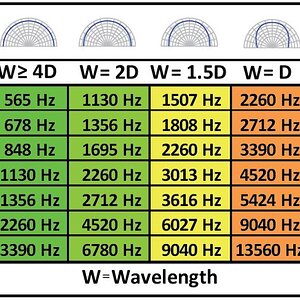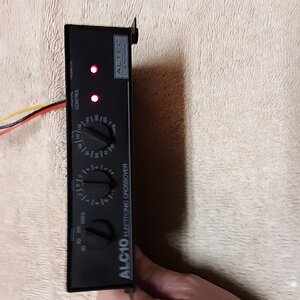Fabian12
CarAudio.com Recruit
Can’t find a lot of information on the internet, so gonna try my luck here:
A
#1: What is the point of using 2/0 gauge wire just to have it go into a reducer that’s 2 gauge feeding into the amp?
#2: If I’m trying to achieve 3000W RMS. Do I need 2/0 gauge wire? I’ve got 2 gauge right now and it doesn’t get hot. But I’ve never messed with power like this so I’m not sure if I need it. I see all these sub manufacturers saying 4 gauge will work for 2000w Rms and that makes no sense to me .
Gear: SIA3500S, SA ZV.5 15” (running at 1ohm), 150ah worth of batteries, 320amp alternator. Big 3 (kinda, it’s all 2 gauge)
A
#1: What is the point of using 2/0 gauge wire just to have it go into a reducer that’s 2 gauge feeding into the amp?
#2: If I’m trying to achieve 3000W RMS. Do I need 2/0 gauge wire? I’ve got 2 gauge right now and it doesn’t get hot. But I’ve never messed with power like this so I’m not sure if I need it. I see all these sub manufacturers saying 4 gauge will work for 2000w Rms and that makes no sense to me .
Gear: SIA3500S, SA ZV.5 15” (running at 1ohm), 150ah worth of batteries, 320amp alternator. Big 3 (kinda, it’s all 2 gauge)


